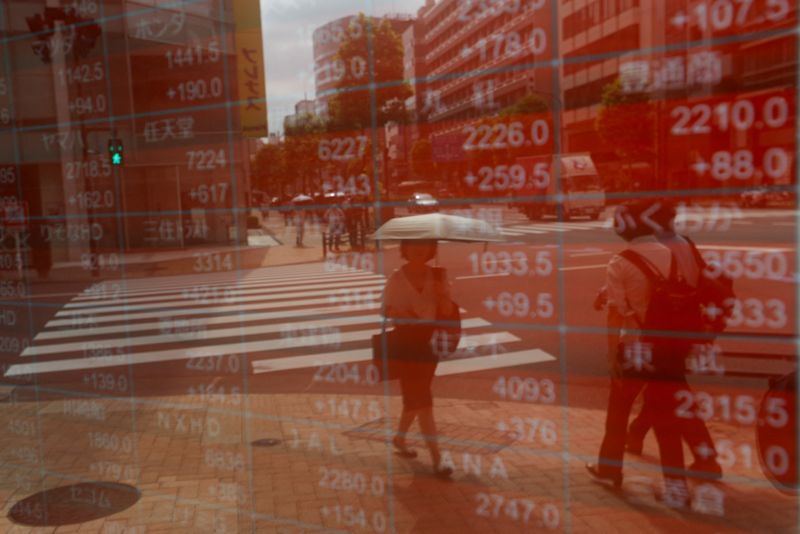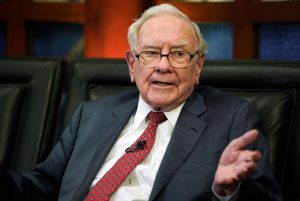
By Amanda Cooper
LONDON (Reuters) -Global stocks fell on Monday, while the dollar hit 26-month peaks following a bumper U.S. jobs report that prompted investors to question if interest rates will fall at all this year, just as earnings season is about to get underway.
A surge in energy prices has added to concern about steadily rising inflation, as crude oil topped $80 a barrel on the back of signs that Russian exports are falling as Washington has stepped up sanctions on the country.
European natural gas prices have risen by 4% in the last month alone following a cold snap and after Ukraine’s decision to halt supplies of Russian gas deliveries via pipeline.
Data also showed China’s export growth picked up steam in December, while imports recovered, as the world’s No. 2 economy braces for mounting trade risks with the incoming U.S. administration.
In Europe, equities fell for a second day, leaving the STOXX 600 down 0.7% and Germany’s DAX down 0.6%. The FTSE 100 was only down 0.4%, supported by weakness in the pound, which was once again in focus as UK borrowing costs continued to rise.
Markets show traders have already scaled back expectations for Federal Reserve rate cuts to just 25 basis points for all of 2025, from closer to 45 bps before Friday’s jobs data.
“After a very strong jobs report, we think the cutting cycle is over,” declared Aditya Bhave, deputy chief U.S. economist at BofA. “Inflation is stuck above target, with upside risks.”
“The conversation should move to hikes, which could be in play if y/y core PCE exceeds 3% and inflation expectations de-anchor,” he added, referring to the Fed’s favoured personal consumption expenditure measure of prices.
Yields on 10-year Treasuries traded at to 14-month peaks of 4.79%.
Wednesday’s consumer price index (CPI) report could prove even more market-moving than usual, given how close investors are to ruling out any rate cuts at all this year.
“As the weather warms up a bit, whether the deep freeze in bond markets continues may be determined by how US CPI on Wednesday materialises after Friday’s blockbuster payrolls report,” Deutsche Bank strategist Jim Reid said.
Higher bond yields raise the discounting bar for corporate earnings and make debt relatively more attractive compared to equities, cash, property and commodities.
But they also raise borrowing costs for businesses and consumers. Part of the increase in yields over the past few weeks has been driven by an expectation that President-elect Donald Trump’s proposed tariffs will raise import prices.


